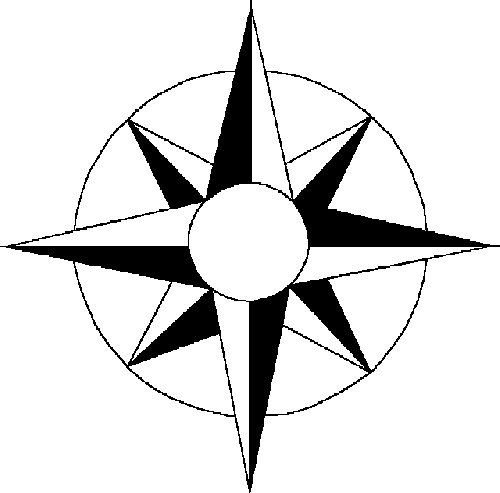Relationship Chart
|
0
|
1
|
2
|
3
|
4
|
5
|
6
|
7
|
8
|
9
|
|
1
|
b/s
|
aun
|
g'aun
|
g2'aun
|
g3'aun
|
g4'aun
|
g5'aun
|
g6'aun
|
g7'aun
|
|
2
|
aun
|
1c
|
1c1r
|
1c2r
|
1c3r
|
1c4r
|
1c5r
|
1c6r
|
1c7r
|
|
3
|
g'aun
|
1c1r
|
2c
|
2c1r
|
2c2r
|
2c3r
|
2c4r
|
2c5r
|
2c6r
|
|
4
|
g2'aun
|
1c2r
|
2c1r
|
3c
|
3c1r
|
3c2r
|
3c3r
|
3c4r
|
3c5r
|
|
5
|
g3'aun
|
1c3r
|
2c2r
|
3c1r
|
4c
|
4c1r
|
4c2r
|
4c3r
|
4c4r
|
|
6
|
g4'aun
|
1c4r
|
2c3r
|
3c2r
|
4c1r
|
5c
|
5c1r
|
5c2r
|
5c3r
|
|
7
|
g5'aun
|
1c5r
|
2c4r
|
3c3r
|
4c2r
|
5c1r
|
6c
|
6c1r
|
6c2r
|
|
8
|
g6'aun
|
1c6r
|
2c5r
|
3c4r
|
4c3r
|
5c2r
|
6c1r
|
7c
|
7c1r
|
|
9
|
g7'aun
|
1c7r
|
2c6r
|
3c5r
|
4c4r
|
5c3r
|
6c2r
|
7c1r
|
8c
|
Note: You should make the following substitutions for the codes I've used
to conserve space:
b/s = brother/sister
aun = aunt/uncle/nephew/niece
g' = great (g2=great-great, etc.)
c = cousin (2c=2nd cousin,
etc.)
r = removed (2r=twice removed,
etc.)
How to use this chart:
-
Enter the nearest common relative in box 0.
-
List one person's line in the vertical #'d boxes, and the other in the
horizontal ones (it doesn't matter which is where).
-
Like a multiplication table, the relationship is at the intersection.
For example: a person in vertical box 6 is the 1st cousin 3 times removed of the person in horizontal box 3.
Note how the entries change (like a multiplication table) and expand
it to the limits you desire.
Enjoy!
Jim - K6HIO
 Site Map Site Map |
